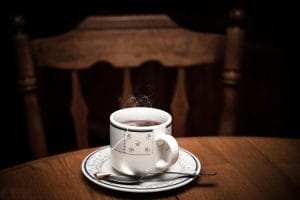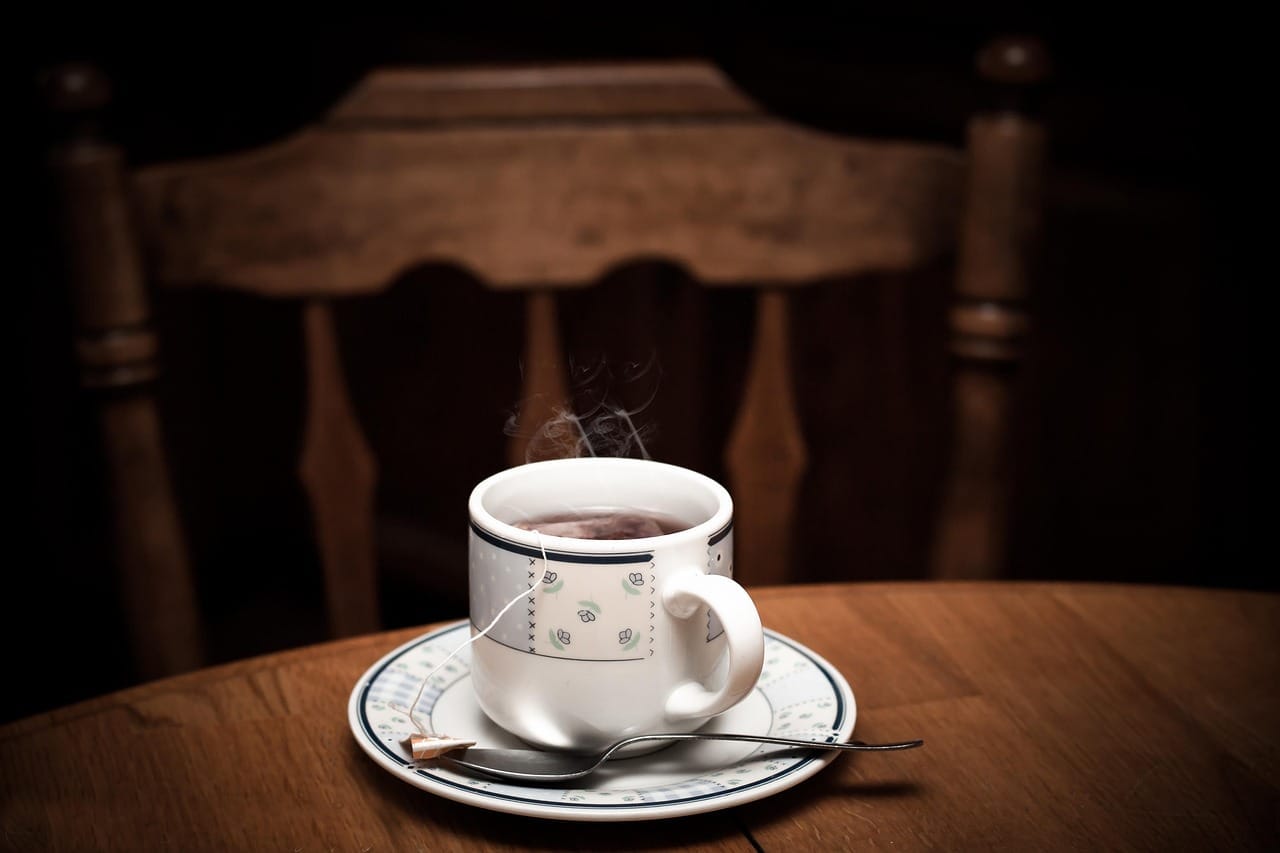In a recent development, British tea enthusiasts are being confronted with a new idea to enhance the flavor of their beloved beverage. A scientist located thousands of kilometers away in the United States has put forward a controversial proposal to add salt to tea for a superior taste experience.
Professor Michelle Francl’s research has caused quite a stir in the UK, even prompting a response from the US embassy on the matter. The embassy made it clear that the notion of adding salt to Britain’s national drink is not an official United States policy and will never be.
This is not the first time that tea has sparked controversy between the two countries. Back in 1773, protesters in Boston, Massachusetts, threw 300 chests filled with tea into the water to protest against British taxes, which marked a significant moment in the American Revolution.
Professor Francl, a chemistry professor at Bryn Mawr College in Pennsylvania, expressed surprise at the diplomatic commotion her research has caused. She clarified that her intention was not to create a diplomatic dispute and that she had not expected such a strong reaction to her suggestion of adding salt to tea.
So, why would someone consider adding salt? Surprisingly, this is not a new idea, as it was mentioned in an eighth-century Chinese manuscript. Professor Francl used this historical source to perfect her recipe, emphasizing the chemical understanding behind it.
According to Professor Francl, salt can counteract the bitterness of tea by blocking the compounds responsible for the bitter taste. Even a small pinch of table salt, undetectable to the palate, can alter the bitterness of the drink.
She clarified, “It’s not like adding sugar. I believe people are afraid they will taste the salt.”
Professor Francl urged tea-loving Brits to have an open mind before passing judgment on her research. She documented her findings in a new book titled “Steeped: The Chemistry of Tea,” published by the Royal Society of Chemistry.
In addition to the salt 
Other suggestions included using short mugs to keep the tea hotter and warming the tea and milk separately, adding the milk only after brewing the tea. However, her most important advice was to avoid heating the water in the microwave, as it could adversely affect the taste and health benefits of the tea.
While the proper way to make tea in the UK is a matter of debate, with the Cabinet Office insisting on using a kettle, Professor Francl’s alternative approach may find more acceptance in the US, where it is relatively common.
She concluded, “I have had better tea at service stations in Ireland than at some fancy restaurants in the US. I believe it’s all because people are unaware. If you don’t drink tea, you won’t know you’re serving a subpar cup to someone.”
Professor Francl expressed her desire to visit the UK, where she believes she can find a better cup of tea brewed according to her recommendations.
As for the tea relations between Britain and America, the US embassy has stated that it will not adopt Professor Francl’s advice and will continue with its traditional method of making tea, which involves the use of a microwave. On the other hand, the UK Cabinet Office stands firm in its belief that tea should only be made using a kettle.





